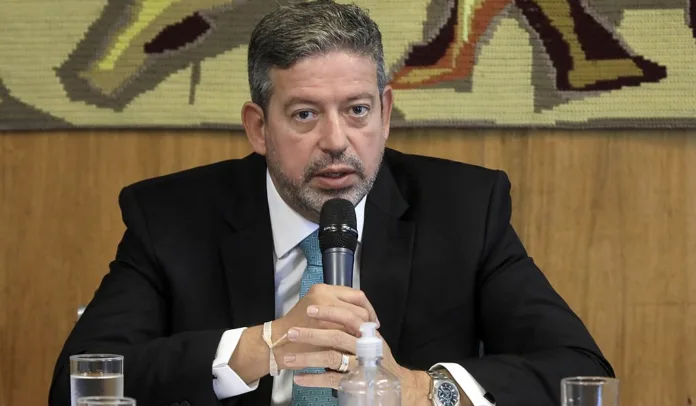Lawmakers approve diluted fiscal reforms, leaving doubts over their effectiveness to stabilise the economy and balance public accounts
In a pivotal week for fiscal reforms in Brazil, deputies approved a diluted version of the constitutional amendment (PEC) aimed at reducing public spending. This revision, which made substantial changes to salary bonuses and restrictions on high salaries, raises doubts about the government’s ability to achieve its ambitious savings target of R$370 billion by 2030.
The Chamber of Deputies faced considerable challenges in securing approval. Voting began on Wednesday but stalled late at night due to a lack of quorum. The session resumed on Thursday with a clear lack of enthusiasm among lawmakers. Speaker Arthur Lira permitted remote voting, leaving the chamber sparsely populated. Despite these hurdles, 344 deputies approved the PEC, while 154 opposed it.
Key amendments drastically altered the original proposal. Deputies reduced the allocation of Fundeb, the fund for basic education, from 20% to 10%, limiting it to 2025 instead of the indefinite timeline initially proposed. Similarly, provisions to rein in super salaries in public service were weakened. Initially, the government aimed to include compensation payments within the salary ceiling of R$46,300 per month, with exceptions requiring approval through stringent legislation. The revised text now allows such changes via ordinary laws, making them easier to amend.
The PEC retained its provisions to limit salary bonuses for low-income workers. The bonus, akin to a fourteenth salary, will now apply to those earning up to R$2,640, with future adjustments pegged to inflation.
Embed from Getty ImagesFurther contentious debates centred on the Continuous Benefit Payment (BPC), a social support mechanism for low-income disabled and elderly citizens. The government initially sought to tighten eligibility by counting the incomes of separated spouses and cohabiting relatives. However, the rapporteur, Deputy Isnaldo Bulhões, softened these rules, excluding the incomes of spouses no longer living with the beneficiary and removing property ownership restrictions.
The final approved text reflected a series of compromises. Government leader José Guimarães admitted the package fell short of its full potential. “Negotiations required us to accept less stringent measures to ensure approval of what is critical for the country,” he explained. Similarly, Congressman Aguinaldo Ribeiro emphasised the need for ongoing dialogue on public spending efficiency.
While the Chamber debated the fiscal package’s third bill, the Senate began discussions on its elements. In a near-unanimous vote, senators passed the first bill, which introduces a mechanism to curb tax benefits and civil servant spending during fiscal crises.
Despite progress, experts remain skeptical about whether the diluted fiscal reforms in Brazil will deliver meaningful stability. With the PEC’s changes weakening initial savings projections, the government’s target of R$370 billion by 2030 now appears uncertain. As negotiations continue, Brazil faces significant challenges in stabilising its economy and restoring public trust.
